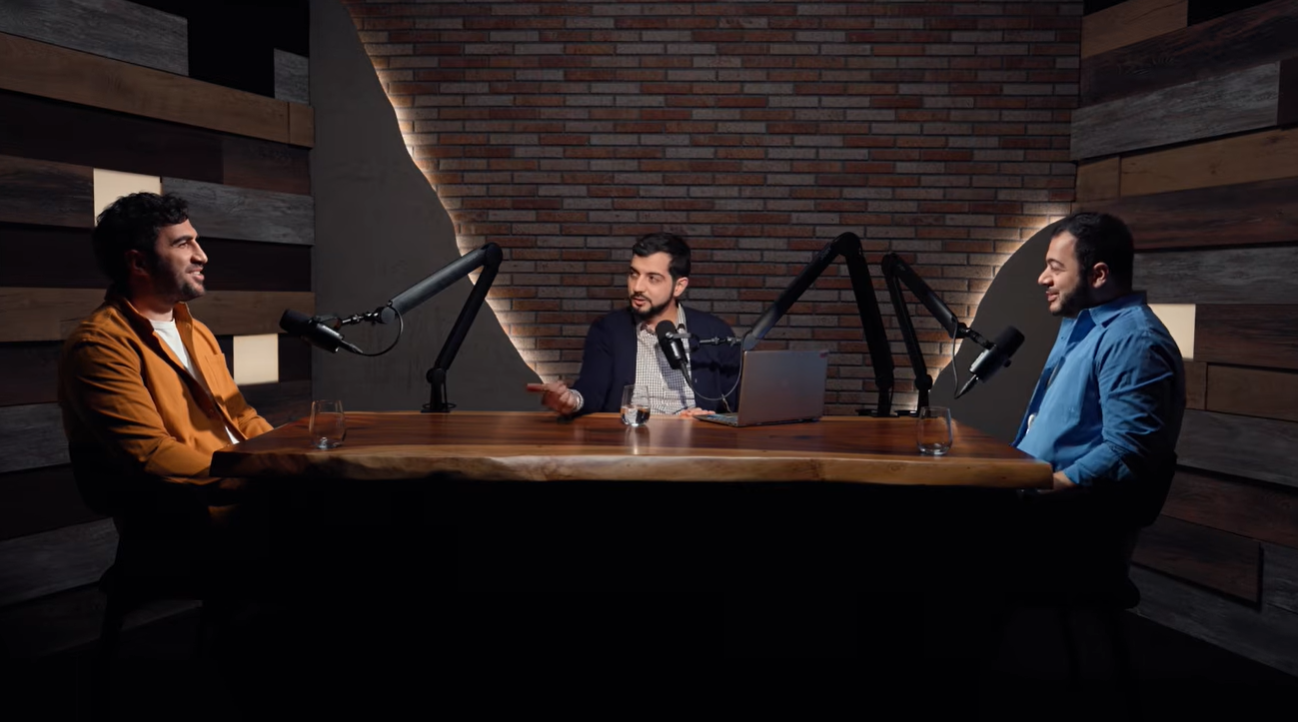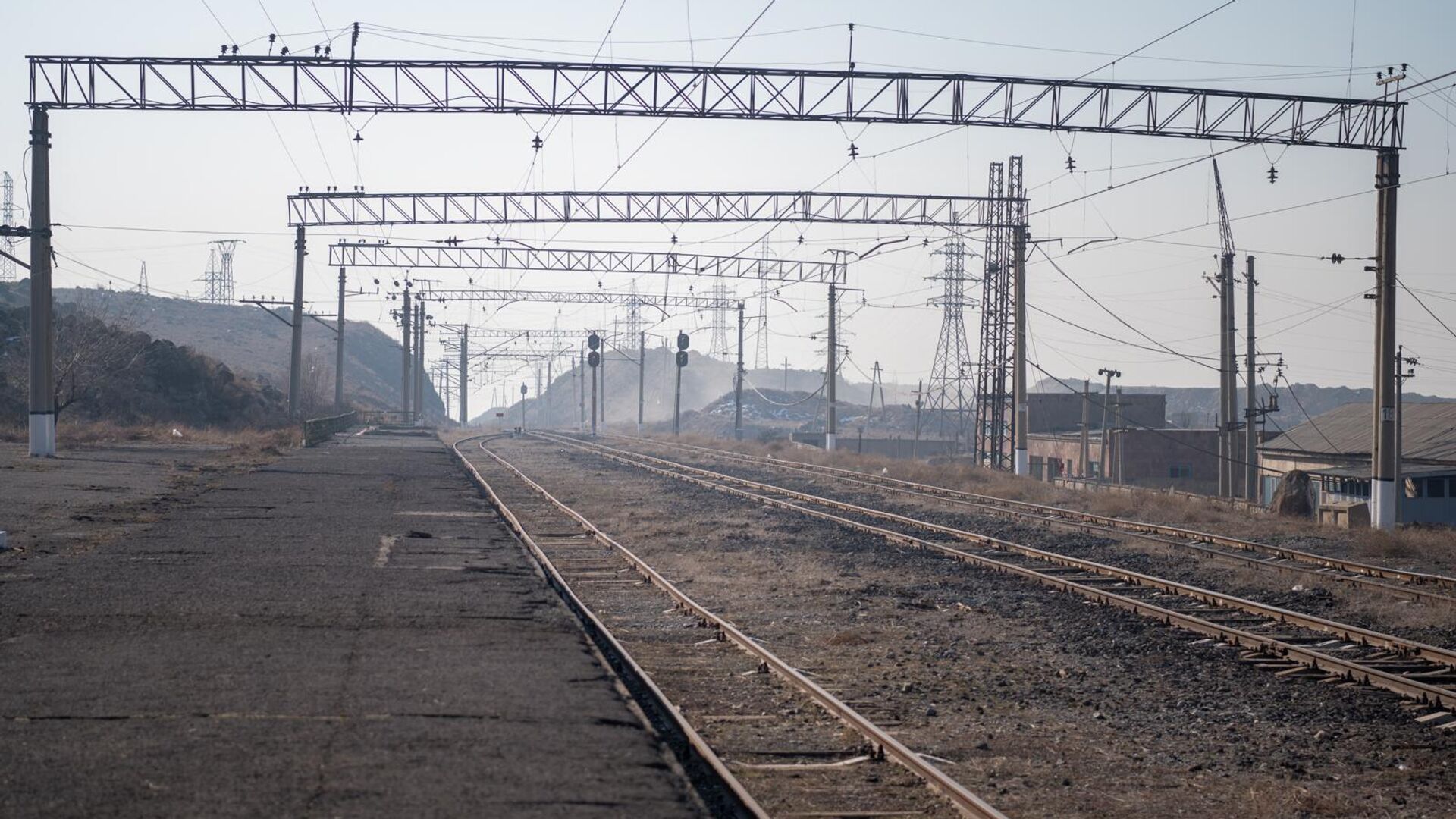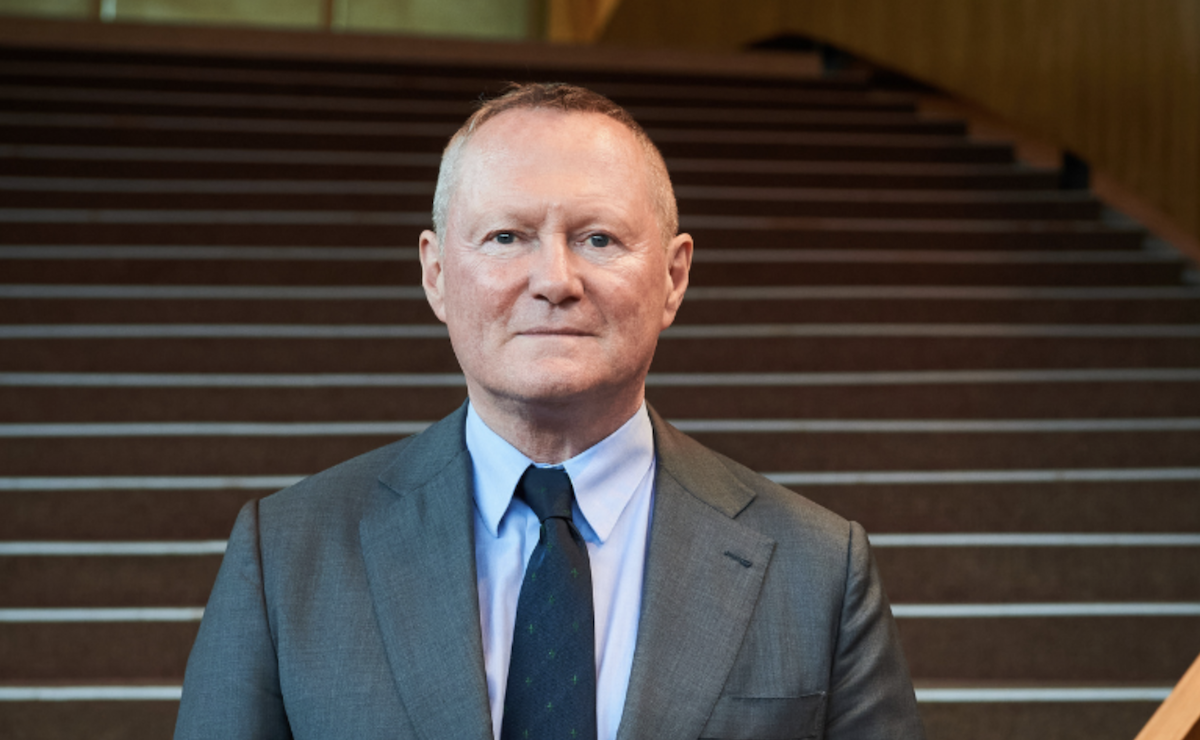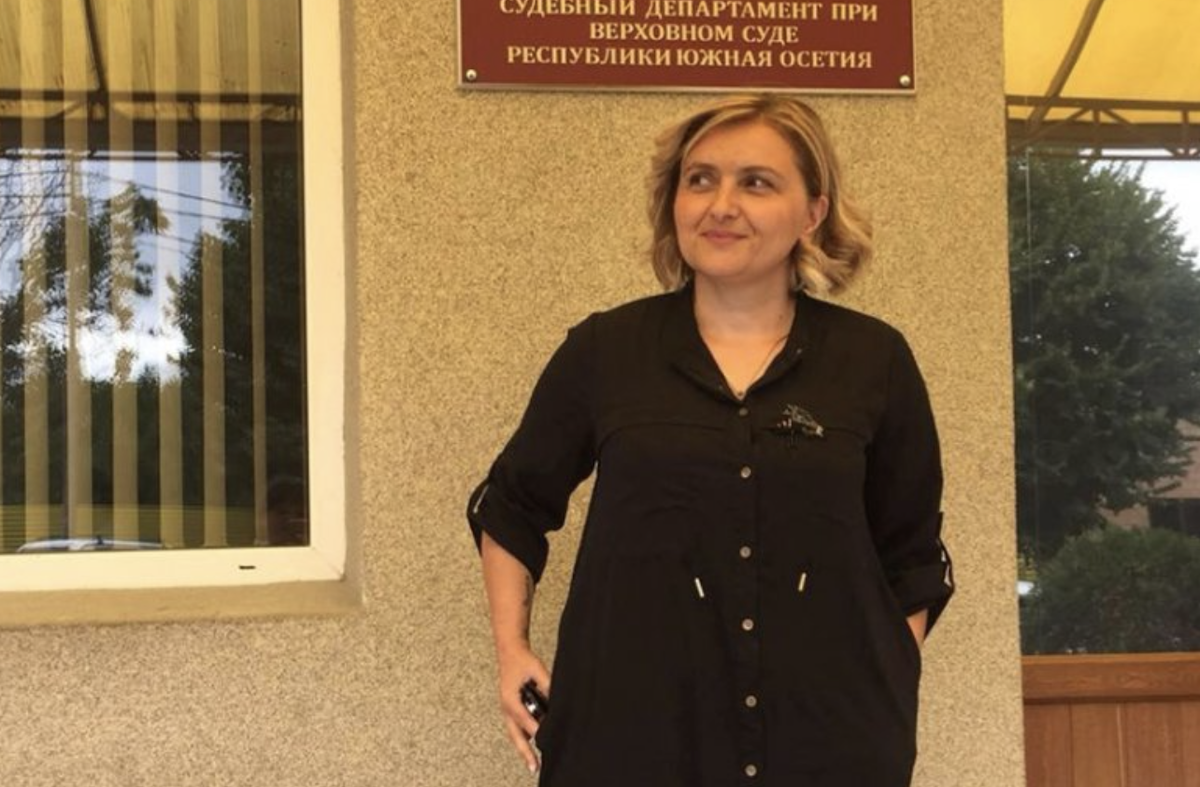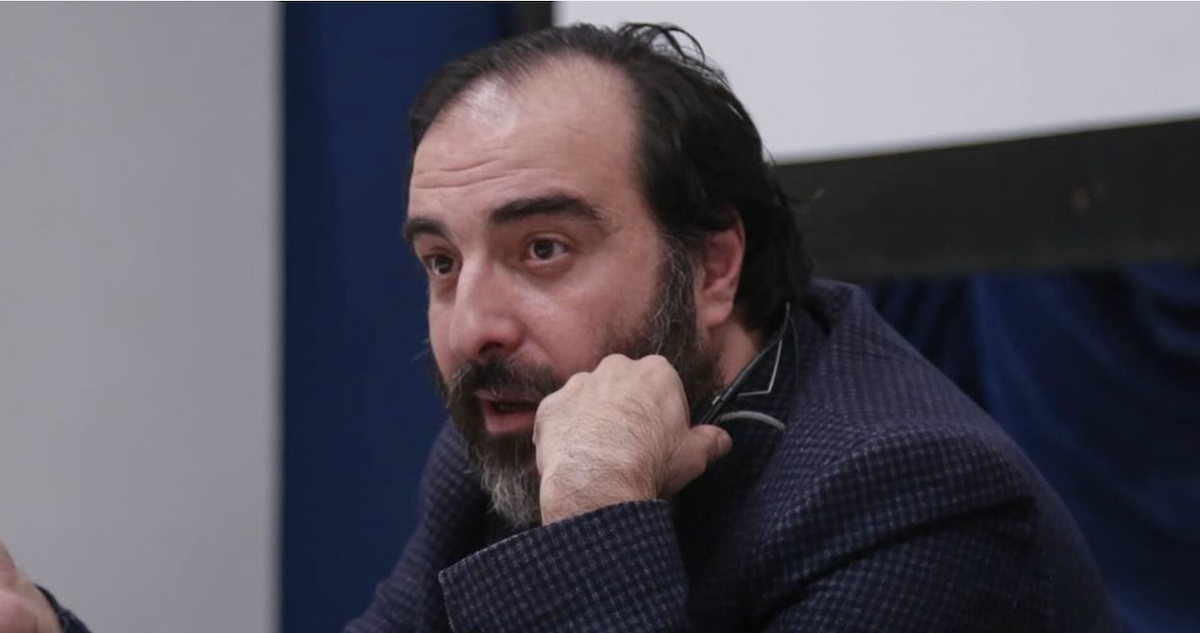Op-ed: why Russia cannot "swallow" Abkhazia
Abkhazia and Russia
Abkhazia is showing enviable persistence in disobeying Moscow, which, in turn, does not risk leaving it penniless and continues to sponsor “for nothing”, says Andrey Nikolaev, the author of the Russian Rosbalt agency.
A year has passed since the partially recognized Abkhazia and Russia approved a program for the formation of a common social and economic space. According to official data, it is based on the harmonization of the legislation of the Russian Federation and Apsny, and is a “continuation of the interstate agreement on alliance and partnership” signed by the parties on November 24, 2014.
The goal of the program is to create favorable conditions for the full participation of Abkhazia in the integration processes “implemented on the initiative and (or) assistance of Russia”. The deadlines for the implementation of the measures are designed for two to three years.
Half or a third of this period has already passed, but the declared areas of “harmonization of legislation” remained untouched – except that Moscow, as promised, “simplified” the granting of Russian citizenship to the residents of Abkhazia, 80% of whom already had it, including the president, prime minister and other high-ranking officials.
- What has changed in Abkhazia during the first year of Aslan Bzhania’s presidency?
- Russia and Abkhazia: creeping ‘harmonization’
- Sell real estate to foreigners in Abkhazia? To lift or keep the ban
It came to a curiosity: the other day the Russian Embassy in Abkhazia issued foreign passports to the residents of the high-mountainous village of Pskhu – with direct delivery to the recipient. So even the lazy or living at some distance from the Russian permanent mission will receive not only Russian citizenship, but also its passport with home delivery.
As for the harmonization of legislation in various sectors (the document consists of 45 points), nothing has changed there either – and it will remain “there” for a long time – Abkhazia does not want to change anything in budgetary and tax policy, banking, customs law, energy, social, medical, educational spheres.
Most of all, Abkhazia does not want to simplify legislative procedures for Russian investors, including obtaining a residence permit, registering activities, and even more so granting Russians ownership of real estate and the privatization of facilities, especially energy facilities.
These last two circumstances enrage Moscow most of all, from which Abkhazia “wants everything” and gives nothing in return. Abkhazia on the neck is a heavy “order” of Russia
A few days ago, a delegation of the Federal Tax Service of Russia, headed by its deputy head Yulia Shepeleva, visited Sukhum to discuss the formation of a common social and economic space.
On the air of Radio Sputnik, the Minister of Taxes and Duties of Abkhazia, Dzhansukh Nanba, bluntly stated that “at this stage it is too early to talk about a large-scale change in tax legislation”, since “Russia has gone far ahead in its development”. So for now, Abkhazia will limit itself to the introduction of modern information technologies. But a promise does not automatically mean fulfillment.
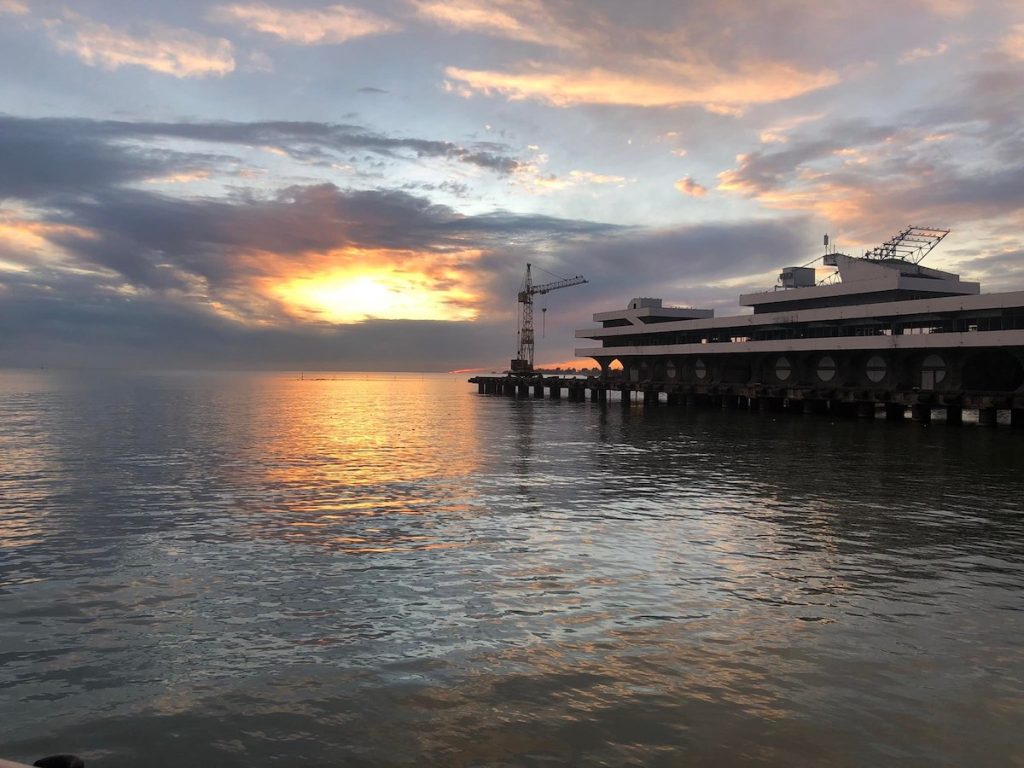
In fact, why should Abkhazia rush to change something when Russia is forced to support Abkhazia, if only for the fact that Russian military bases are stationed on its territory. According to official data, over the past 12 years, Moscow, or rather, Russian taxpayers, have invested 45 billion rubles in Abkhazia. But many experts argue that this amount is underestimated by at least a third, and talk about additional “injections” from various “funds”.
In addition, Apsny’s debt to Russia for electricity supplies exceeded one billion rubles, although the price of electricity in the republic is literally a penny. In any case, Russian financial injections cover up to 80% of the Abkhaz budget annually.
Locals believe that Russia owes them much more, but they are not satisfied with high-profile scandals: they live as they see fit, not paying attention to the demands and even the “lowest requests” of Moscow. They think that Abkhazia does not need any legislative changes from a country that does not comply with “its own” laws.
Abkhaz strongly suspect that the “harmonization” of the legal field with Russia, the creation of a single social and economic space with it, infringes their “sovereignty”. They ask themselves a question: is Moscow striving to annex the “Country of the Soul”, as it did Crimea back in the day. “We have not been fighting with the Georgians for independence for so many years just to end up joining Russia”, this is the opinion of almost all, without exaggeration, Abkhazians.
They also strongly disagree with selling real estate and land to foreigners, especially Russians, as well as granting them Abkhaz citizenship. The Turks of Abkhazian origin are another matter: in the “Land of the Soul” the attitude towards them is very welcoming.
In a word, it was clear from the very beginning that a single social and economic space between Russia and Abkhazia was a utopian idea. Even if the authorities started to implement it, they would be thrown over instantly – the mandarin republic has a lot of experience in coups d’état.
What hopes did President Aslan Bzhania harbor when he said earlier that a single social and economic space with Russia is seen by him as a “semblance of the European Union” (not a typo!), when every country (who, except the Russian Federation and Abkhazia, maybe Nauru and Nicaragua?) create an alliance “without prejudice to the sovereignty”. “It will be easier for such a union”, the Abkhaz leader said, “to reflect global threats and defend national interests on the world stage”.
In general, Bzhania loves a good joke, as well as the new Minister of Foreign Affairs, Inal Ardzinba, appointed by him the other day. In an interview with Abkhaz television, he called the comprehensive strengthening of relations with Russia as one of the main directions of Abkhazia’s “foreign policy”.
He also spoke in all seriousness about the possibility of the republic’s participation in “international integration groups in the post-Soviet space, the creation of a common space of defense and security” – this despite the fact that none of the former Soviet countries recognized the independence and sovereignty of Abkhazia.
The minister complained about the lack of funds in the “Country of the Soul”, and called the attraction of investments as a way out of this situation. But, as mentioned above, the Abkhaz laws do not facilitate investment in the republic. But he was satisfied with the level of relations with Syria, Venezuela and Nicaragua – apart from them, and even Russia and Nauru, the independence of Abkhazia is not recognized by anyone else.
The head of the foreign policy department Apsny believes that “it is necessary to work” with those who refuse to recognise Abkhazia. But how? It turns out, “by creating the right information background”. More will be said about this background, but for now we must note that the new minister called the recognition of its sovereignty by Georgia and the signing of a bilateral agreement on the non-use of force as a “priority” of the republic. Mr. Ardzinba promised “to move clearly in this direction”.
Returning to the background question. As the billionaire John Rockefeller once noted, “money loves silence, and big money loves deathly silence.” There is neither one nor the other in Abkhazia. This means that, among other reasons, investments in Abkhazia will not flow, and there will be no recognition of its independence – unless Vanuatu suddenly “comes to its senses”.
There is no silence in the context of the crime situation either, or in terms of attractive legislation and its unconditional implementation, or from the point of view of legitimate or opportunistic (practically for the whole world) grounds for recognition.
A difficult period is now facing Abkhazia: a severe energy crisis amid seasonal cold snap. The head of the Sukhumi Electricity Networks Department Timur Jinjolia told Radio Sputnik that “it could get worse … there will be no more electricity than there is now”. According to him, all restrictions on the supply of electricity are “connected with the fact that the equipment needs to be preserved”: fuses blow out, there is an “overload” of transformer capacities, substations, outgoing feeders, etc.
“If at other times in winter we had 180-200 volts”, said Jinjolia, “today some people do not even have 120 volts. We understand that with such a tension, technology does not work for people. But we have no other choice, we cannot offer another solution”.
Actually, Abkhazia slit its own throat – much like Russia in the “Land of the Soul”, subject to it only in the context of the deployment of Russia’s military bases.
Terms, place names, opinions and ideas suggested by the author of the publication are her / his own and do not necessarily coincide with the opinions and ideas of JAMnews or its individual employees. JAMnews reserves the right to remove comments on posts that are deemed offensive, threatening, violent or otherwise ethically unacceptable.










